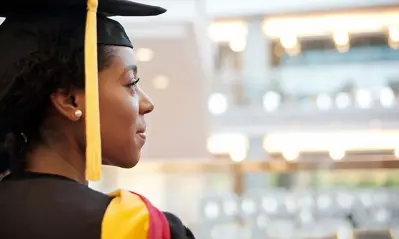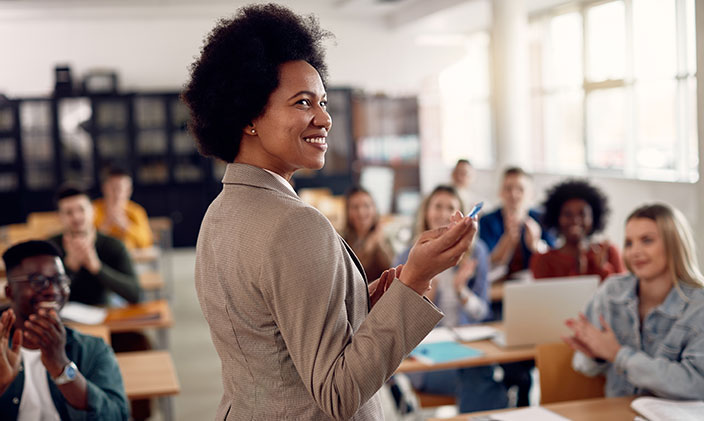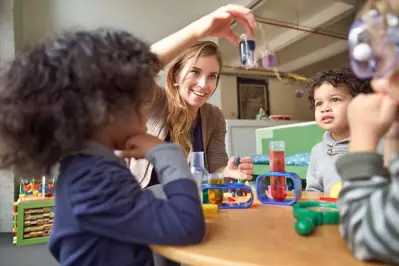How to use experiential learning style in curriculum

Written by Michael Feder
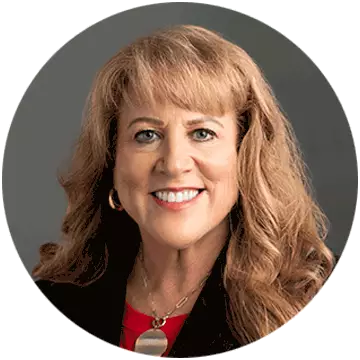
Reviewed by Pamela M. Roggeman, EdD, Dean, College of Education
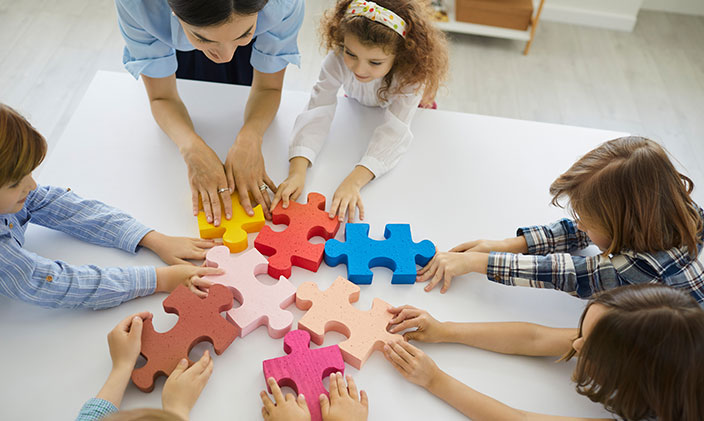
The concept of experiential learning in the classroom refers to using real-world experiences as a way of illustrating a lesson’s practical application. Simply put, experiential learning incorporates real-world experiences in formal education, and it can benefit educators and students alike.
Using experiential learning in curriculum
According to educational researchers, experiential learning provides students with benefits such as a broader sense of community and more opportunities for collaboration.
Experiential learning is one way future educators can bring the value of their lived experiences (as well as those of others!) into the classroom. Done right, this can foster deeper connections with students.
Following are some ways to bring experiential learning to students.
Focus on empathy
Empathy allows us to better understand how others feel. This skill fosters stronger relationships and connections throughout life.
In the classroom, teachers can cultivate empathy in a number of ways, such as:
- Research-based projects where students learn more about a historical figure or leader
- Group work and partner work that requires collaboration and cooperation
- Projects that take place in the community
In addition to projects, teachers are often role models for their students, especially when they have qualities that make teachers especially effective in the classroom. To incorporate empathy into your teaching underscores the value of this quality and helps students recognize its value and develop it within themselves.
Give students tangible items to examine
Students have different learning styles. For example, some students are auditory learners who can easily absorb information while listening to a lecture or presentation. Other students benefit from hands-on learning.
With hands-on learning, students can learn while doing. This includes holding and manipulating objects during a lesson. For example, if a student is learning about dinosaurs, touching real fossils can help drive the lesson home in a memorable, experiential way. Students might even practice the techniques of archaeologists or try to identify the fossils.
Giving students concrete experiences to complement the lessons can help them better understand the concepts being taught in the classroom.
Go on field trips
Field trips are one of the best experiential learning opportunities. Why? They take students out of the classroom and into the real world — exactly what the concept of experiential learning is predicated on.
Field trips that let students see professionals working in their jobs can be particularly impactful. If students are learning about mechanics and engineering, for example, taking them to a factory or lab can frame the lesson in a new, highly visual and experiential way. Similarly, if they’re learning about biology, a trip to a zoo, national park or research institute may be effective.
Field trips allow students to ask questions, explore new environments and learn outside of the classroom.
Invite guests to the classroom
Bringing in guest speakers allows students to learn from the experience of someone beyond their teacher.
An English teacher can ask a writer or journalist to present to their classes. Similarly, a Science teacher might invite a researcher or local professor. Students can learn from the experiences of these professionals, and auditory learners may also benefit.
For teachers high school or college students, guest speakers can also offer opportunities for students to engage with possible mentors and community leaders.
Practice inclusivity
Teaching students how to work and get along with and include others helps them become more inclusive and empathetic adults. But how can that be done? By teaching inclusivity through experience.
Consider assigning various group and partner projects. These projects require the students to work together, even if they are different and have opposing opinions. But with knowledgeable guidance from the teacher, they can learn to communicate with and learn from one another.
Reenact reality
Pulling from real life is a great way to teach, because it combines the best of both hands-on learning with real-world application.
This can be done in a variety of ways. For instance, a math teacher can have students “open” different stores in their classroom to practice math concepts like addition, subtraction and percentages.
A history teacher might have students dress in costume and act out an important historical moment.
In addition to improving understanding, using real-life examples can help motivate students to pay more attention. They will be more engaged if they know that the lesson has a direct application in the real world.
Stay current on local, national and global news
One way to teach from real-world experience is to pull information from local, national and global news. It is important to draw from unbiased sources when pulling excerpts from the news for students to read. This allows the students to learn and form their own opinions without being impacted by the biases of others.
There are many ways students can engage with current events. A class can keep track of a local council election, or students can be assigned to bring in one news article a week to share with their classmates. Teachers can also conduct classroom debates about current events to help improve students’ oral communication skills.
No matter how a teacher incorporates experiential learning, it can benefit students and their learning potential. Whether taking students out into the real world or bringing the world into the classroom, the experiences shared with students can impact them the rest of their lives.
Find out more about experiential learning
If you’re interested in learning more about experiential learning and other effective teaching strategies and methods, University of Phoenix offers a variety of education programs, including:
- Bachelor of Science in Education/Early Childhood Education
- Bachelor of Science in Elementary Education
- Graduate Initial Teacher Certificate/Elementary
- Graduate Initial Teacher Certificate/Secondary
- Master of Arts in Education/Elementary Teacher Education
- Master of Arts in Education/Secondary Teacher Education
Contact University of Phoenix for more information.

ABOUT THE AUTHOR
A graduate of Johns Hopkins University and its Writing Seminars program and winner of the Stephen A. Dixon Literary Prize, Michael Feder brings an eye for detail and a passion for research to every article he writes. His academic and professional background includes experience in marketing, content development, script writing and SEO. Today, he works as a multimedia specialist at University of Phoenix where he covers a variety of topics ranging from healthcare to IT.

ABOUT THE REVIEWER
As dean of the University of Phoenix College of Education, Pamela Roggeman has spent over a decade in higher education teacher preparation in both the public and private sector. Her experience has included national partnerships that help to advance thought leadership in the field of education. Dr. Roggeman also serves as the President of the Arizona Educational Foundation’s Board of Directors.
This article has been vetted by University of Phoenix's editorial advisory committee.
Read more about our editorial process.
